Šešelj cross-examines Ovčara survivor
In his cross-examination of Emil Cakalić, Vojislav Šešelj said that “somebody’s mind ordered the shooting of 200 Croats."
Friday, 21.03.2008.
09:20

In his cross-examination of Emil Cakalic, Vojislav Seselj said that “somebody’s mind ordered the shooting of 200 Croats." The accused was referring to General Aleksandar Vasiljevic, which explained why those who actually carried out this order spared the lives of "seven people" from Ovcara farm that “were surplus.“ Seselj cross-examines Ovcara survivor Ever since the beginning of the crime base evidence on events in Vukovar in November 1991, Seselj has been accusing General Aleksandar Vasiljevic, then JNA chief of security, of ordering the Ovcara massacre. Yesterday, in his cross-examination of Cakalic, one of the Ovcara survivors, the defendant rounded off this theory. In his statement to the OTP, Cakalic claimed that on November 20, 1991, 207 prisoners from Vukovar hospital were brought to Ovcara farm. Seselj asked him if he found it curious that seven people were spared, while two hundred others were executed. The witness could not reply, but Seselj maintained that the “round number“ of prisoners that had been executed was no accident. First of all, he said that “somebody’s mind ordered: shoot 200 Croats,“ and went on to assert that he “knew for a fact that General Vasiljevic had ordered the execution of 200 Croats at Ovcara.” Cakalic agreed with Seselj ’s argument that it was easy to find people “blinded by an irrational desire for revenge“ who would carry out this order and shoot 200 Croat prisoners. According to the accused, men like that could have been found easily among the local Territorial Defense members and the volunteer groups. Many of them had close relatives killed or abused by Croats. He used two documents to try to prove that local Serbs had a motive for revenge. One is a report by the Serb Council Information Center documenting crimes against Serb civilians in eastern Slavonia before the war, and the other is a letter written in August 1991 by Marin Vidic, aka Bili, Croatian government-appointed commissioner for Vukovar. Vidic had been warning the state leadership in Zagreb about the reign of terror in Vukovar being led by Tomislav Mercep and his followers. The letter goes on to specify that Mercep’s men had been breaking into apartments, plundering them, seizing privately owned cars and executing people. This caused the “overall psychosis of fear among both the Serb and Croat population.“ At the time, Cakalic had been working with Vidic as a sanitary inspector. In response to Seselj’s allegations, he first said that he “didn’t see any crimes against Serbs in Vukovar.“ However, when Judge Antonetti pressed him, he confirmed that he had heard of them. People were talking about it in the town, he said. “The whole of Vukovar knew that Serb houses were being blown up,“ he said. At the beginning of the cross-examination, Seselj said that he accepted all of Cakalic’s evidence on the abuse he was subjected to at Ovcara and in the “death room“ in Velepromet in Vukovar. He went on to thank the witness because he was very “pleased with his answers.“ Vojislav Seselj (FoNet, archive)
Šešelj cross-examines Ovčara survivor
Ever since the beginning of the crime base evidence on events in Vukovar in November 1991, Šešelj has been accusing General Aleksandar Vasiljević, then JNA chief of security, of ordering the Ovčara massacre.Yesterday, in his cross-examination of Cakalić, one of the Ovčara survivors, the defendant rounded off this theory.
In his statement to the OTP, Cakalić claimed that on November 20, 1991, 207 prisoners from Vukovar hospital were brought to Ovčara farm. Šešelj asked him if he found it curious that seven people were spared, while two hundred others were executed.
The witness could not reply, but Šešelj maintained that the “round number“ of prisoners that had been executed was no accident. First of all, he said that “somebody’s mind ordered: shoot 200 Croats,“ and went on to assert that he “knew for a fact that General Vasiljević had ordered the execution of 200 Croats at Ovčara.”
Cakalić agreed with Šešelj ’s argument that it was easy to find people “blinded by an irrational desire for revenge“ who would carry out this order and shoot 200 Croat prisoners. According to the accused, men like that could have been found easily among the local Territorial Defense members and the volunteer groups. Many of them had close relatives killed or abused by Croats.
He used two documents to try to prove that local Serbs had a motive for revenge. One is a report by the Serb Council Information Center documenting crimes against Serb civilians in eastern Slavonia before the war, and the other is a letter written in August 1991 by Marin Vidić, aka Bili, Croatian government-appointed commissioner for Vukovar.
Vidić had been warning the state leadership in Zagreb about the reign of terror in Vukovar being led by Tomislav Mercep and his followers. The letter goes on to specify that Mercep’s men had been breaking into apartments, plundering them, seizing privately owned cars and executing people. This caused the “overall psychosis of fear among both the Serb and Croat population.“
At the time, Cakalić had been working with Vidić as a sanitary inspector. In response to Šešelj’s allegations, he first said that he “didn’t see any crimes against Serbs in Vukovar.“ However, when Judge Antonetti pressed him, he confirmed that he had heard of them.
People were talking about it in the town, he said. “The whole of Vukovar knew that Serb houses were being blown up,“ he said. At the beginning of the cross-examination, Šešelj said that he accepted all of Cakalić’s evidence on the abuse he was subjected to at Ovčara and in the “death room“ in Velepromet in Vukovar. He went on to thank the witness because he was very “pleased with his answers.“












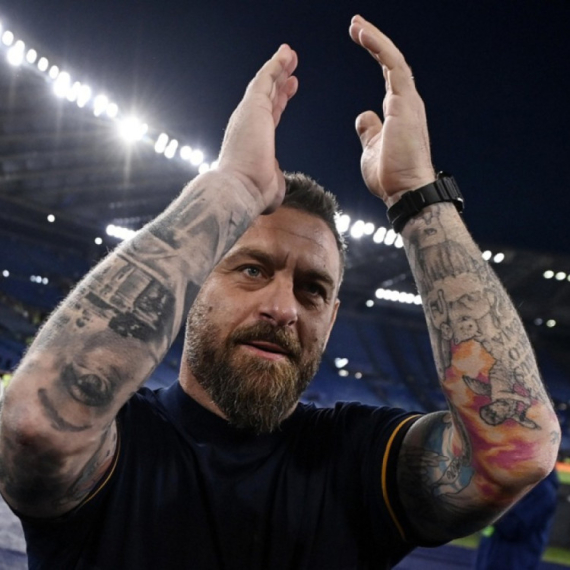
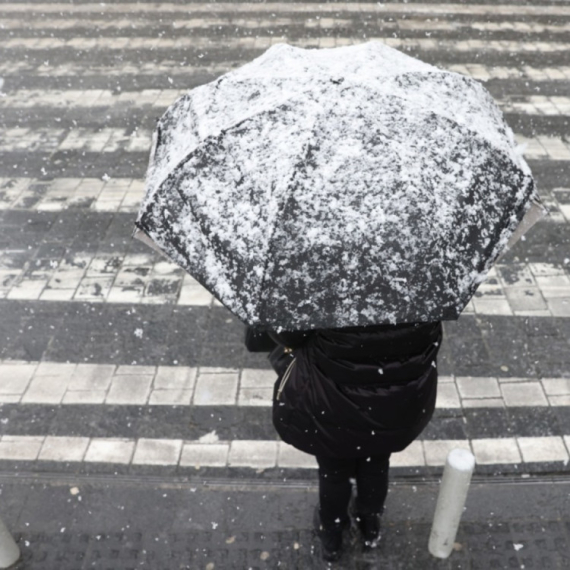
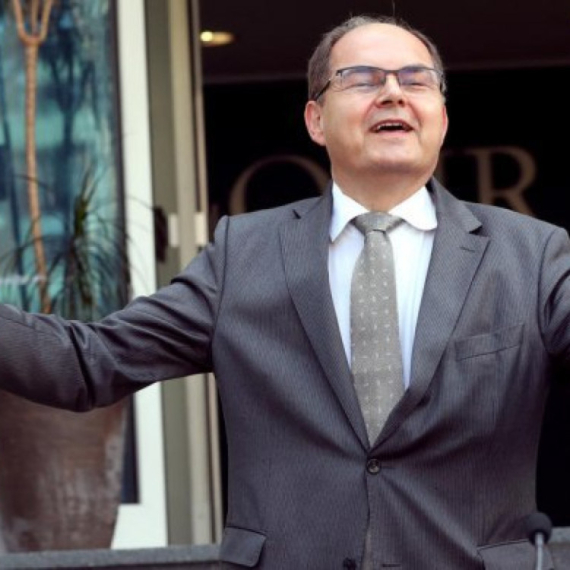




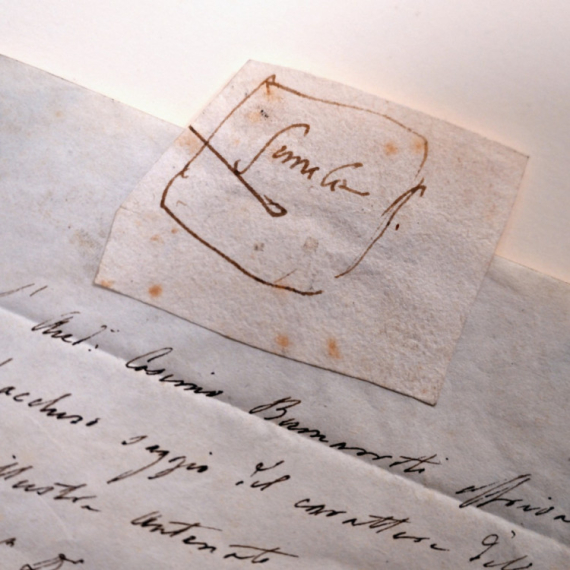


















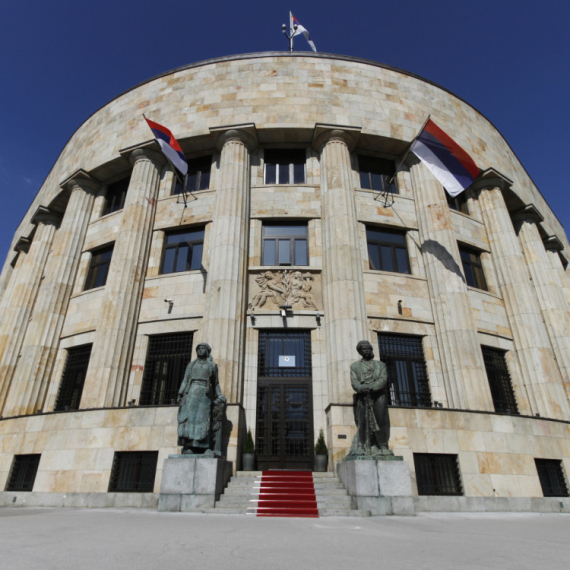














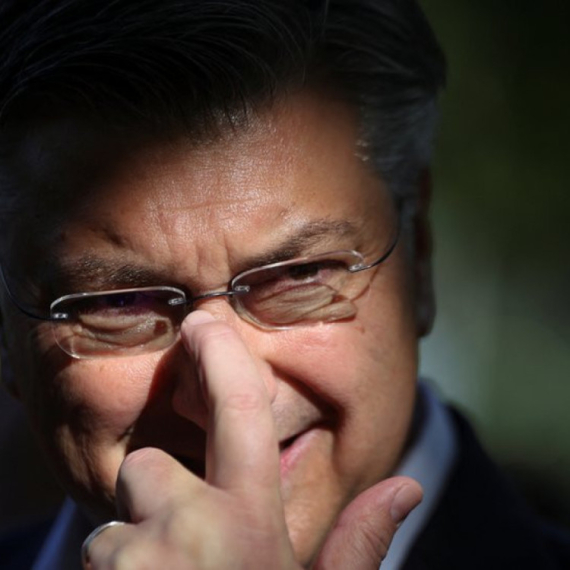
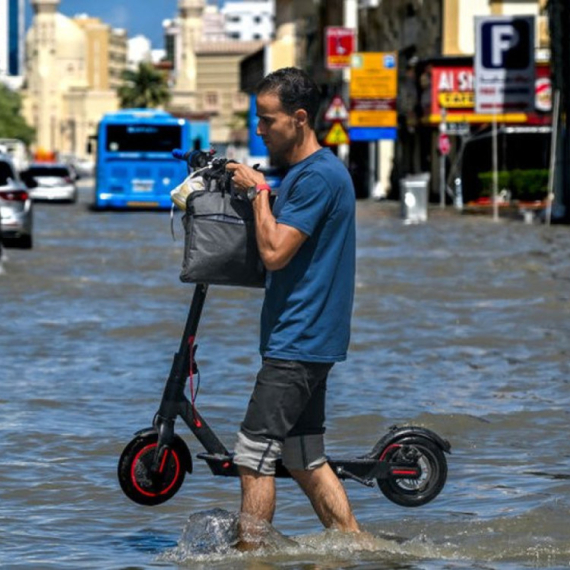
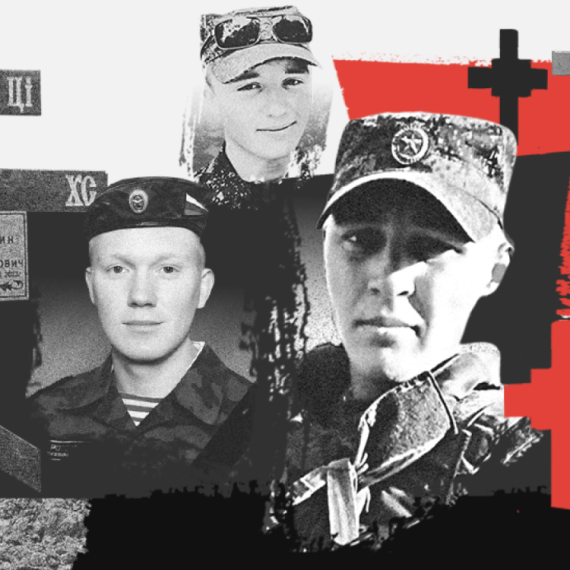
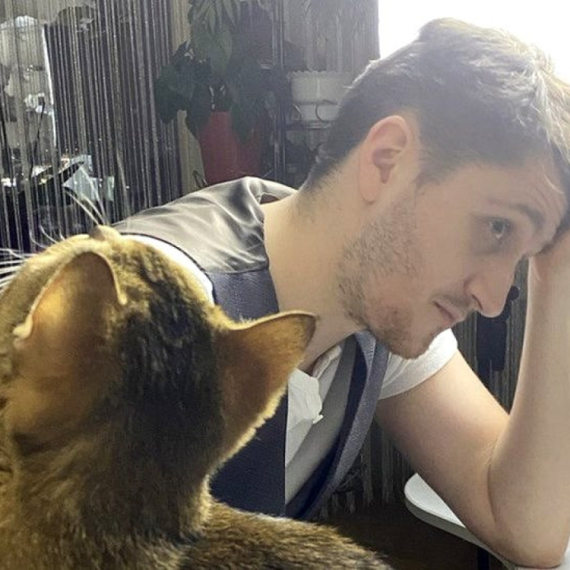

Komentari 0